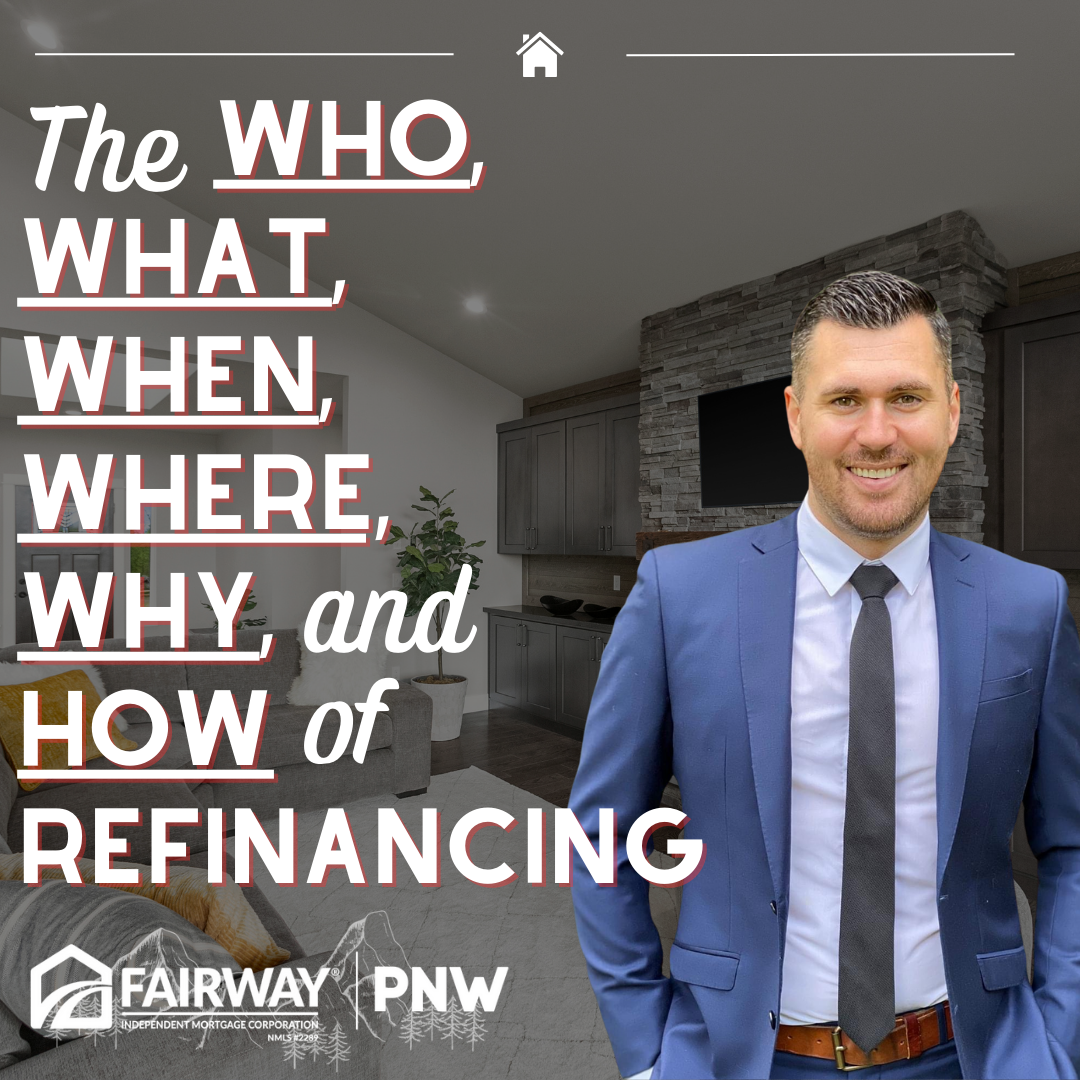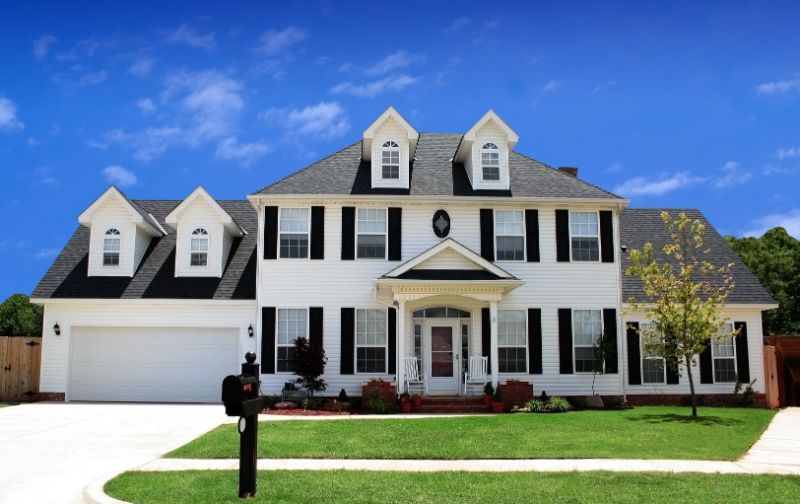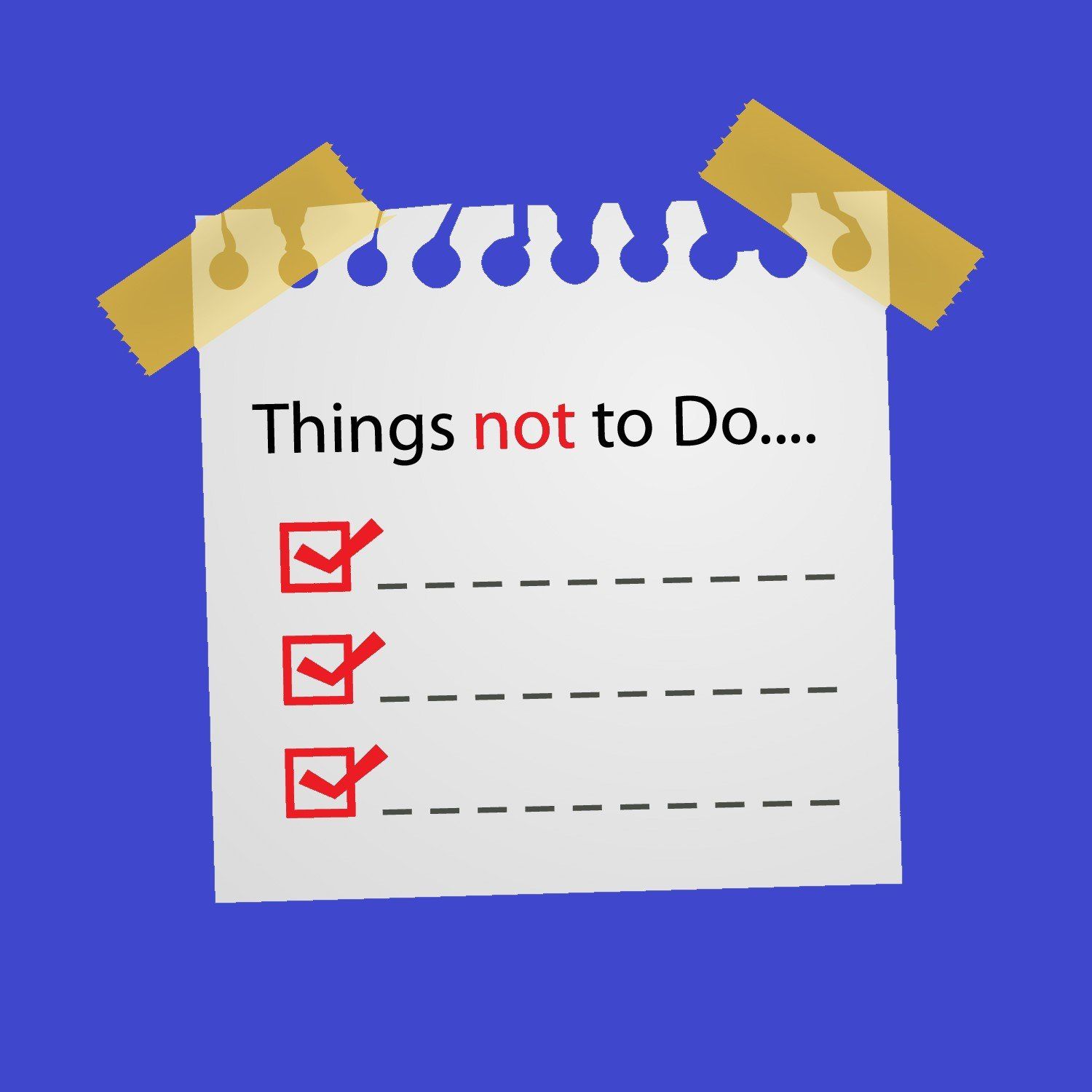15 year vs. 30 year mortgages - which to choose?
15 vs 30
15 year v 30 year mortgage
For seasoned homeowners, a lot of times their initial instinct is to inquire about obtaining a 15 year mortgage rather than a 30 year mortgage. In general, the thought process is that the 15 year rate will be significantly less than the 30 year, and the savings in rate will help offset the cost of the higher overall payment while cutting the term of the mortgage in half. While this is a good idea in theory, there are significant factors to consider prior to locking yourself into that higher 15 year payment.
In general, a 30 year loan is almost always the best option for home buyers.
Let’s review the comparison below:
Conventional purchase of $500k with 20% down
740 credit
The difference in rate is ~.75% between a 15 year and 30 year mortgage
Principal and interest only payments to compare
15 30
$3137 $2303
While over the term of the loan the buyer would save cost over time as far as the interest rate is concerned, the monthly payment requires an additional $834 a month out of pocket. Now of course if we could guarantee that the homebuyer would have the same loan for the entire 15 years and pay off the home, we would absolutely advise selecting the option with the lowest rates. However, the average life of the loan in the united states is ~5.5 years, meaning that most homeowners either refinance, or sell before they every have a chance to pay off a mortgage.
If you choose a 15 year option, you are obligated to pay the higher amount, regardless of your future monthly budget, and financial hurdles unfortunately arise more often than we’d like. Christmas, a growing family, unexpected car expenses can all cause the monthly budget to go a little haywire and cause additional financial pressure. Choosing the 30 year option allows homebuyer to make a lower payment when unexpected financial obligations occur.
Is there a pre-payment penalty?
NOPE! Which is great news! Pre-payment penalties were used many years ago to restrict borrowers’ abilities to refinance or payoff mortgages, but they are almost entirely non-existent now a days. If a borrower chooses the 30 year option they can always make the lower monthly payment, or they could elect to pay the additional principal amount of $834 to make the numbers equal. If they selected the 30 year option and instead paid the higher payment amount with the additional $834 going to principal, you still pay off the 30 year loan in only 16 years! Using this strategy can help give you additional flexibility with your budget, while still providing you with the opportunity to pay off your mortgage in a much shorter time-period if you so choose.
Among other reasons to lengthen your repayment period:
Taxes! Homeowners are able to write off mortgage interest on their primary residence, so it can be helpful to include that in overall annual planning and budget.
As mentioned above, the average life of loan in US is only 5.5 years, meaning it is unlikely that most homeowners will end up paying their mortgage in full
Consumers can likely make more money by investing the additional principal amount they would be saving monthly (talk to your financial advisor today)
All that being said, there are scenarios where a 15 year mortgage makes a ton of sense for the “right” person. Each situation is unique, but we can definitely help to do the math and figure out what the best options for you. To set up a mortgage consultation, please feel free to email teamlakecameron@fairwaymc.com or call/text Scott Lake directly at 360-649-2445

Confidentiality Notice:
Confidentiality Notice: The information contained in and transmitted with this communication is strictly confidential, is intended only for the use of the intended recipient, and is the property of Fairway Independent Mortgage Corporation NMLS #2289 or its affiliates and subsidiaries. If you are not the intended recipient, you are hereby notified that any use of the information contained in or transmitted with the communication or dissemination, distribution, or copying of this communication is strictly prohibited by law. If you have received this communication in error, please immediately return this communication to the sender and delete the original message and any copy of it in your possession. WA License Number MLO-1377661.
Business Hours:
Available 24/7 Including Weekends
Phone: (360) 900 9590
Email: teamlakecameron@fairwaymc.com
Address: 9633 Levin Rd NW Suite 101, Silverdale, WA, 98383









